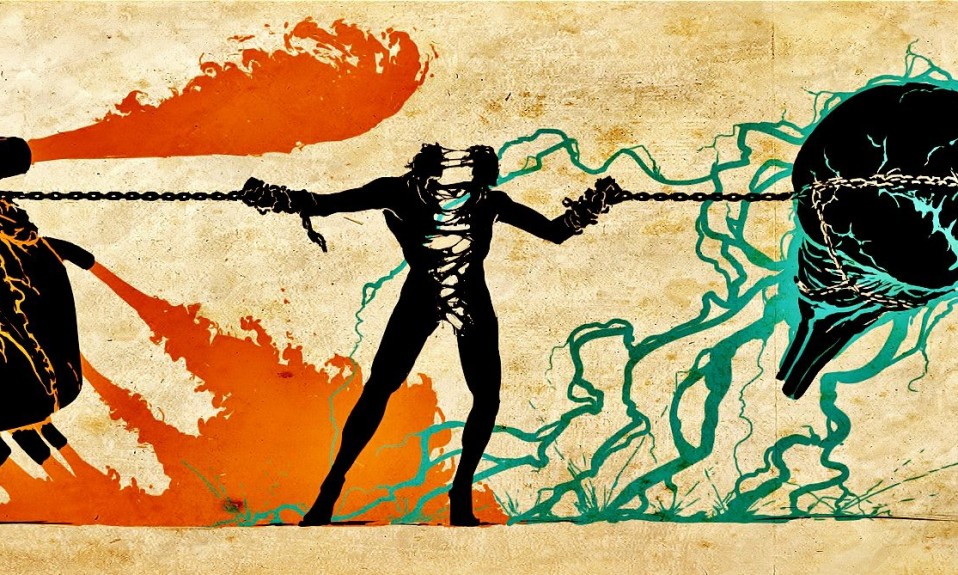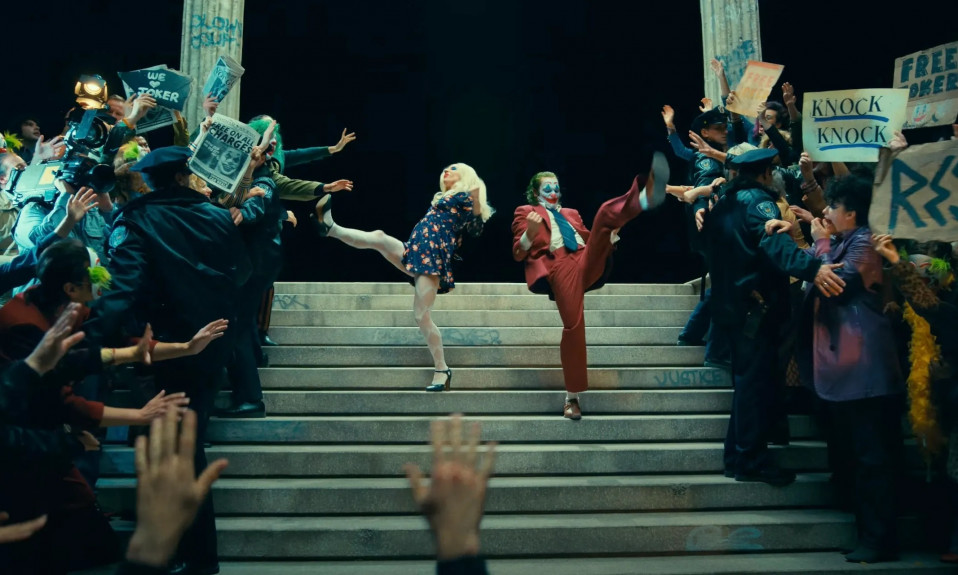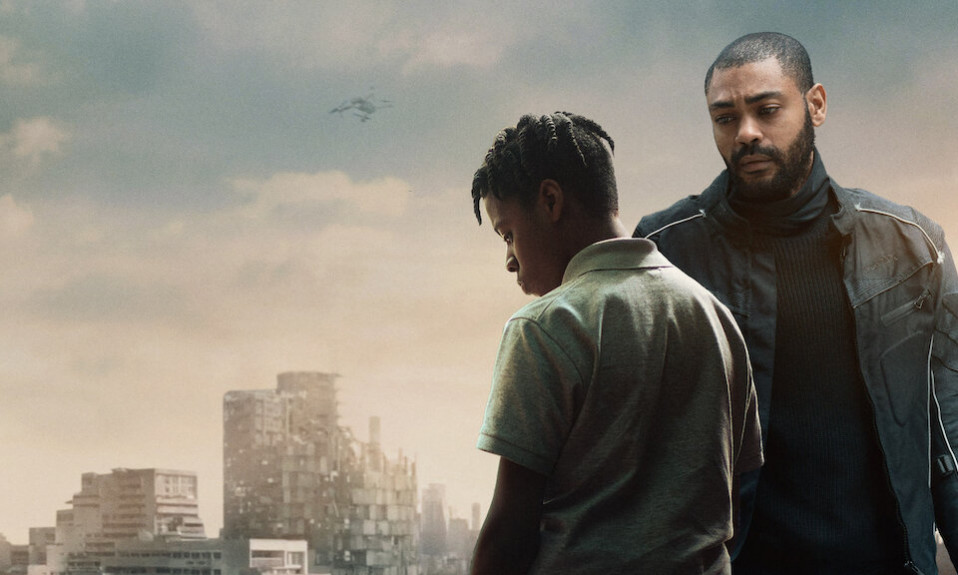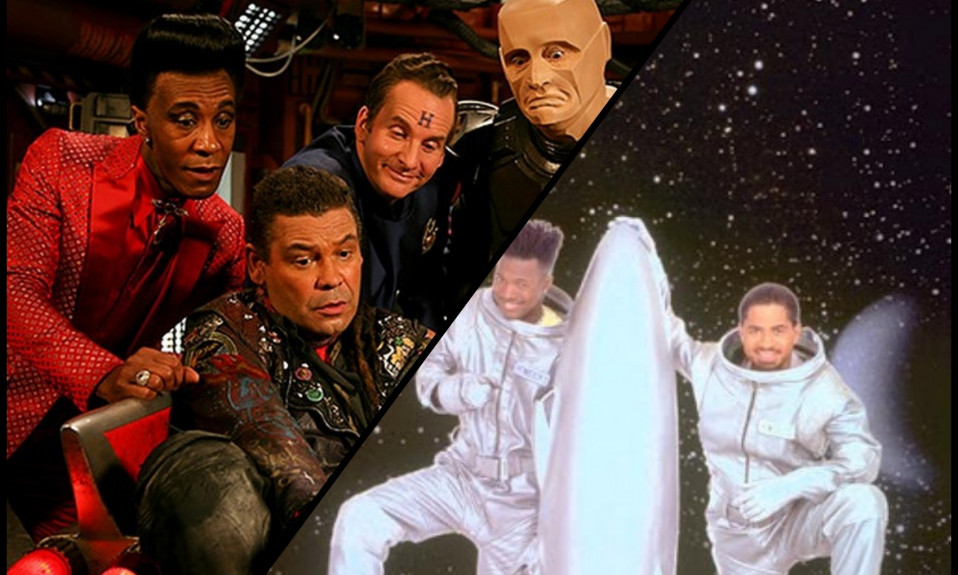When scrolling through streaming services or wandering around Blockbuster Video if you’re from the past, what are your go-to genres? Science-fiction is usually my first choice but there’s something good in every genre. But why do we have these genres, and why do they exist in the form that they do? Danish film and media professor Torben Grodal might have the answer.
Evolution
Professor Grodal makes a case for evolutionary psychology as to why we have the genres we do and why they have persisted. While The Iliad (an ancient Greek Poem) is thousands of years old and written in a culture drastically different to our own we can see that it has many elements that would overlap with modern storytelling – action, fighting, love, revenge etc. Grodal argues this is because evolution has made us susceptible to these sorts of stories and essentially we’re the same people we were when The Iliad was created – a few thousand years is nothing when compared to evolution.
For Grodal there are three basic emotional structures that help make-up, and then react to genres
- The Reptilian Brain – fear, anger, lust, seeking
- Caregiving – love, pair-bonding, family
- Separation/Grief – dealing with death and loss
These three systems are not mutually exclusive and often overlap, this is particularly true of Caregiving and Separation/Grief but you can find films that hit all three systems.
Humans Are Weird Animals

Unlike many animals, humans care for their young for years as human infants are essentially helpless and utterly dependent on caregivers. If we want our DNA to continue in future generates, which the Theory of Evolution says we do, then we must protect our children. Evolution has hammered into humans that caring for their offspring is of paramount importance, so many films also have this message. Films are full of parents making sacrifices, up to and including dying, to protect children. Sophie’s Choice is considered so heart-wrenching because the choice will lead to the death of a child.
For most animals it is only the female that bears the burden of caring for children, humans are different in that males continue to provide for them, they will protect them and hunt or gather food. Due to the huge cost of raising children in terms of resources this makes evolutionary sense. This lead to a very strong pair-bond between parents and a successful pair bond is very important. So we have romances, where finding true love is amongst the most important things in all of life. There are few films that lack any romantic component, with “love interest” being a familiar description of a character. Hot Fuzz is one of the few films I can think of that has no romantic component and with this film, there was a lot of focus on the “bromance” between the two lead characters.
Saving Private Nemo
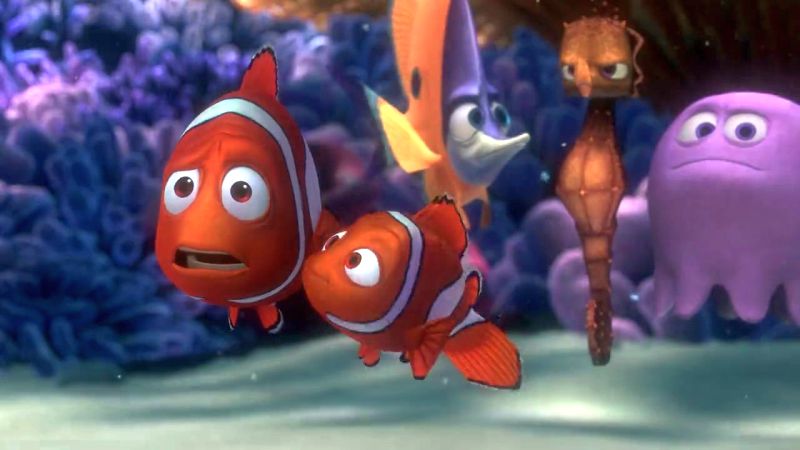
What is the defining moment of the film Bambi? I’m sure most people will think of the moment when Bambi’s mother dies. Finding Nemo is entirely about reuniting a parent and child. The film Aliens add a whole layer of emotion and drama by introducing a child for Ripley to bond with and then protect. Separation and loss in films can be emotionally devastating because these are terrible evolutionary outcomes. How will Nemo survive without his father? How will Marlin survive without his son? This is already after the genuinely horrific deaths of Nemo’s mother and siblings. When the two are reunited there is absolute joy. Sometimes the sacrifice of parents for children can be widened to a whole tribe, and today that could mean your country, and again, nobly sacrificing yourself for others who are part of your “tribe” is a staple of films and is the entire premise of Saving Private Ryan.
The Reptilian Brain
Then there is the influence of the “reptilian” brain, the part of the brain that developed first, that we share with reptiles. The four emotional systems we share with reptiles are anger, fear, lust and seeking – as in looking for food, for a mate, for a predator etc.. At least three of these factors are integral parts of action films – and often lust gets thrown in as well. Seeking, basically looking for what you want/need is present in action as well as crime and mysteries.
Action, crime and mysteries are also important in what Grodal calls HTTOFF Scenarios – Hiding, Tracking, to Trap, being Trapped, Observing, Fighting and Fleeing. In these scenarios, the protagonist is constantly working out the interactions between themselves and the world and other agents within it. Grodal points out that while few people watching films in the modern world will have to regularly fight, flee etc., those mental processes are still within us. A lot of children’s games involve HTTOFF scenarios, so Hide and Seek or play-fighting, it is enjoyable to recreate these situations in a safe way.
Rituals
Films can act as shared, ritualistic experiences, so that seeing death, grief etc on screen prepares us for when they happen in real-life. This can also be true of comedy, a lot of comedy consists of bad or embarrassing things happening but in a film that’s okay, we know it’s not real, and in a sense is a form of playing and pretending.
An Alternative View…
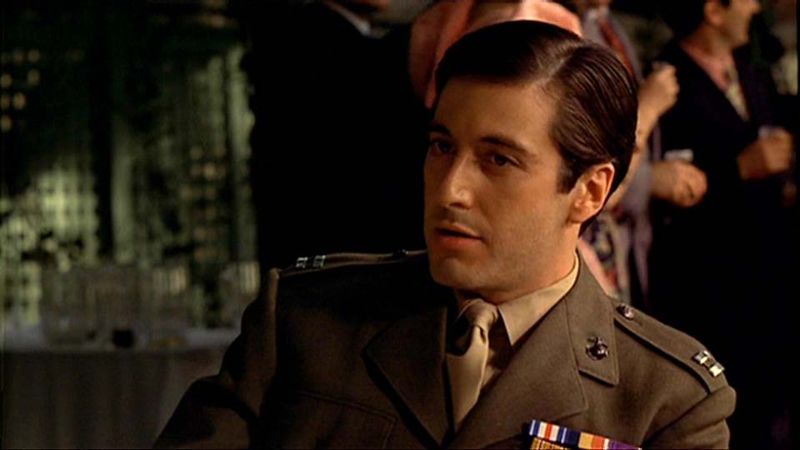
A little while ago on this site was published an article “The Formula of a Successful Film“, which looked at a different study which analysed thousands of films and found that they tend to fall into distinct categories like Rags to Riches, Cinderella and Icarus, describing how they handle emotion and the protagonist’s journey. So an Icarus film builds to high positive emotion and then drops down with a sad, or sort of sad ending. The most successful financially was found to be Man In A Hole. This is where a person falls at the beginning, leading to success/triumph at the end, the classic example being The Godfather. Michael starts happy, faces disaster and ends up winning. This research suggests something different going on to Grodal’s, here it is the journey of the character(s) that is crucial and evidently seeing someone triumph over adversity is very satisfying.

Looking at all of this research I think potentially the film that should have been the most successful and critically acclaimed was Liam Neeson’s Taken. For Grodal it satisfies all three emotional systems – action, caregiving and separation and matches The Man In A Hole dynamic. While successful enough to spawn two sequels and a whole genre of older action hero films I don’t think Taken managed those heights.
Also Read: The Formula For A Successful Film


